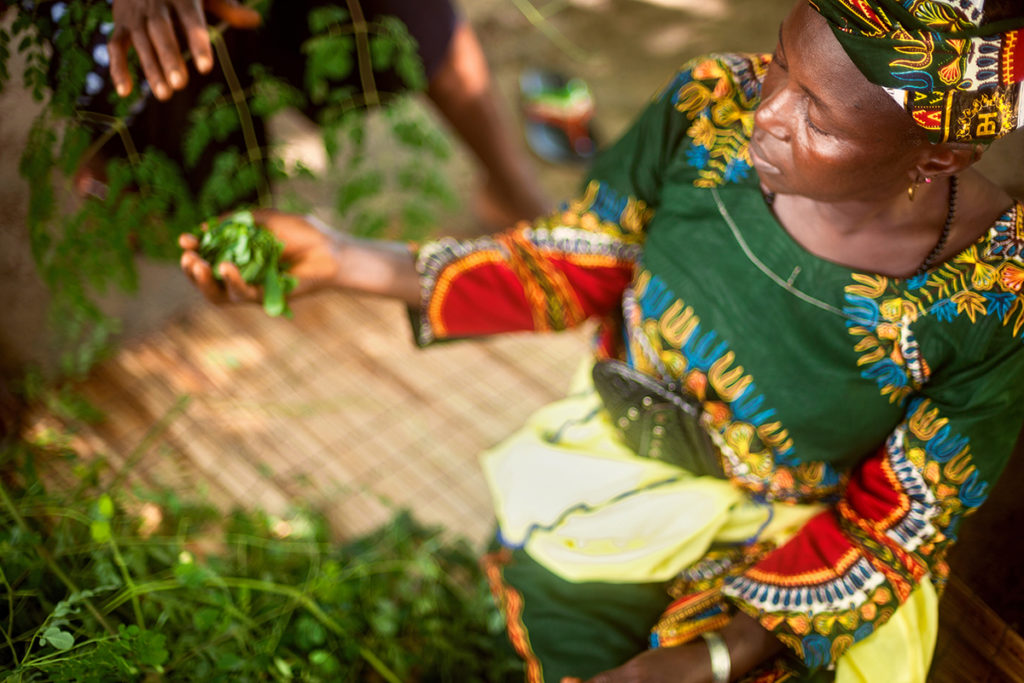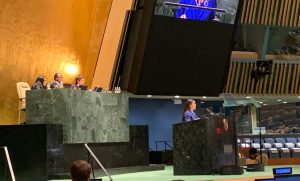PERSPECTIVES
In disease outbreaks such as COVID-19, the situation is alarming for women and girls in fragile and conflict-affected states experiencing water scarcity. This paper highlights the gendered consequences of disease outbreaks in such states globally and explores how armed non-state actors are responding to COVID-19 in the Middle East and North Africa (MENA) region.

This paper, published by Swedish Institute of International Affairs, argue that advancing women’s empowerment and financing women-led organizations present an opportunity to prevent ANSAs from using natural disasters or disease outbreaks such as the COVID-19 pandemic to increase their legitimacy by providing public healthcare and WASH services, while also ensuring that the gendered consequences of disease outbreaks are taken into account.
Said, A., Saikia, P. & Klimes, M. (2020) Tracing Intersections of COVID-19: Gender, Water and Armed Conflicts. UI Paper no. 7, October 2020.




We use cookies on our website to make your experience better. Your personal data is safe and we do not sell it to anyone.
The website is running without cookies, some features will not work.